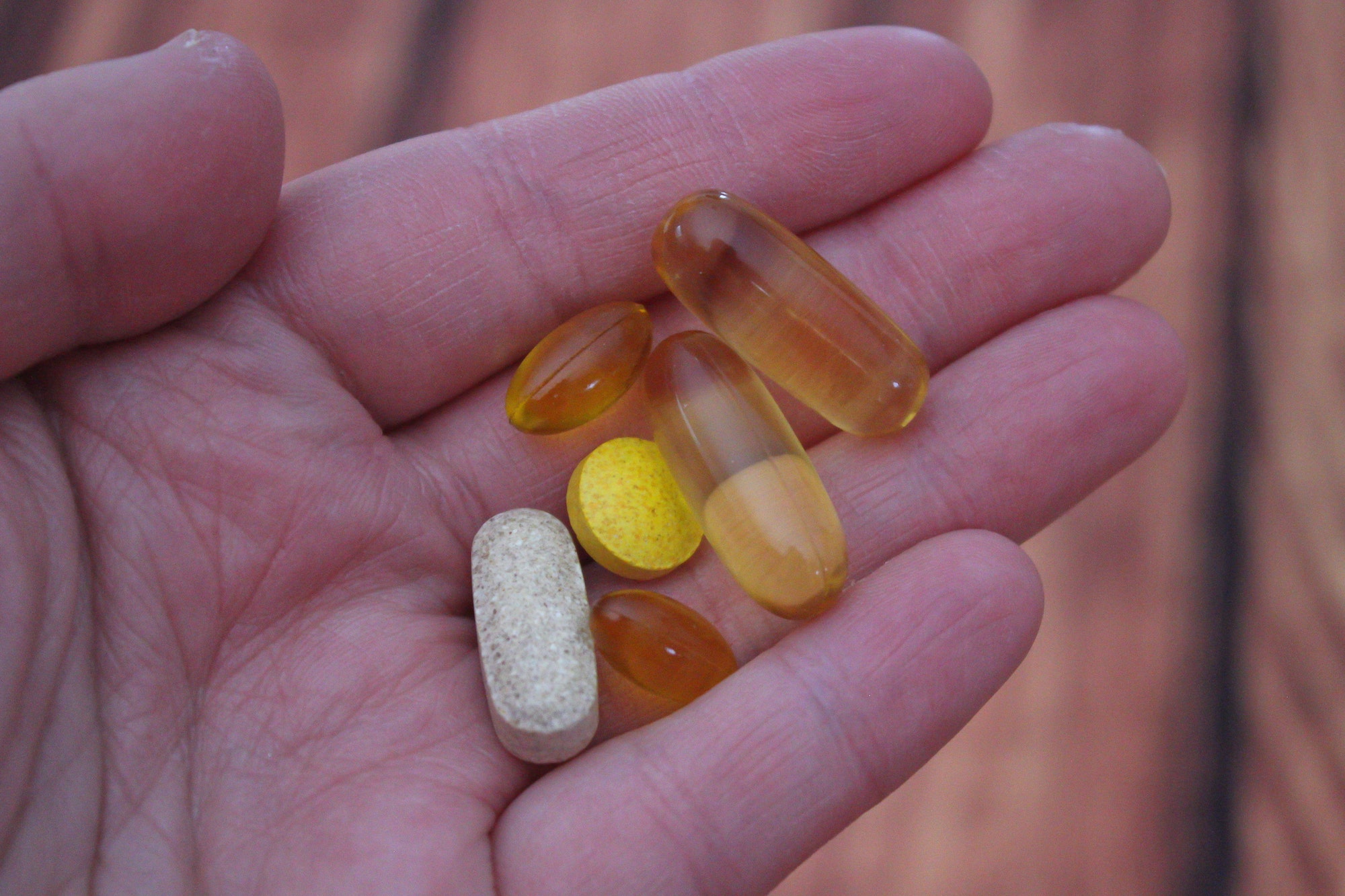Most chemists believe synthetic vitamins are identical to natural vitamins. While the isolated factor of each may be identical, newer information challenges this belief. Man-made synthetic supplements are a combination of some of the separate factors, never the whole complex of synergistic factors found in nature. The whole family of B, C, or E vitamins is known as a “complex”.
Synthetic vitamins may cause improvement of certain conditions for a short time but the whole complex goes even further. It is now believed that the “unknown” co-factors found in natural vitamins and not in synthetic forms, act as catalysts which make the vitamins more effective. The reason why synthetic vitamins are so popular is because they are easier and cheaper to manufacture in a lab from petroleum products then to grow and harvest from crops.
But, are the vitamins you take causing deficiencies?
In fact, research indicates that synthetic vitamins may actually cause nutritional deficiencies. When you take a synthetic vitamin, it needs co-factors normally found in the whole food in order to complete its full action. If they are not in the foods you eat, it will instead draw the co-factors from your body. You may feel good for a while but when the co-factors extinguish, you will begin to feel worse. The prolonged action of the synthetics imitates the action of drugs; they over-stimulate rather than feed your body.
Synthetic vitamins will never have the effects of natural vitamins simply because they are missing many parts of the whole complex.
However, if you give your body what it needs, it’ll make everything else from that. To sustain good health, your cells must have all the elements they need to perform the jobs of growth and tissue repair in your body. Your body does not need hundreds of vitamins and minerals in order to maintain itself even if it seems that a new miracle vitamin appears every month. Each cell in your body requires certain nutrients to maintain its basic metabolic function and keep healthy. The body will manufacture everything else from these basic building blocks.
A word about labels
Many consumers are confused by food labels. Many labels say “Natural” or “Food based” or “Organic”. “Natural” is a term used very loosely. Many things are natural (e.g. oyster shells) but they may not be ideal for human consumption. Food based simply means it started with a food product (such as a carrot) but the rest of it was synthesized in a lab. And if the carrot was organic, then they can also add the word “Organic” to the label. One way to tell if a product is synthetic is to use the word potencies. In reality, high concentrations have nothing to do with potency. A 10,000 mg capsule of Vitamin C may not necessarily be potent at all! Remember, you will never see those concentrations or combinations in nature. They simply do not exist like that except in a bottle manufactured in a lab. Eat food, not chemicals.


